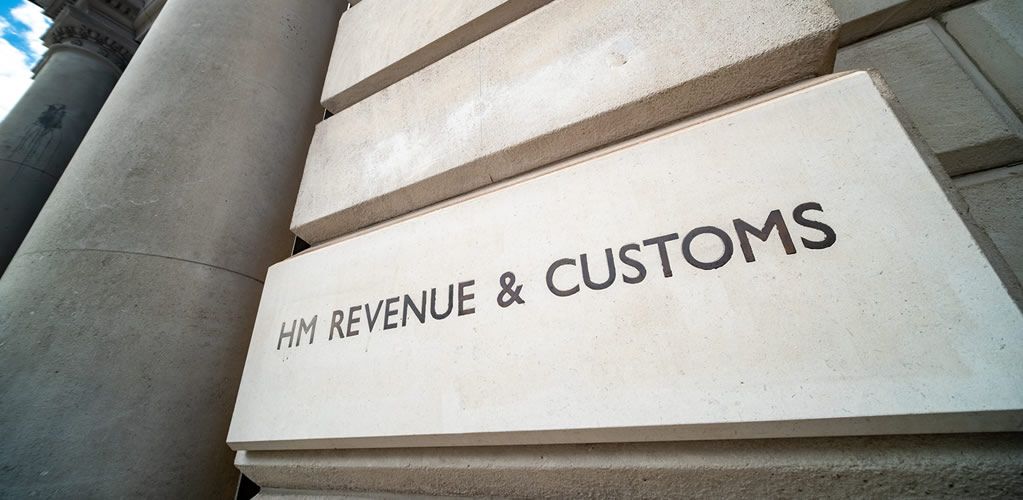Just 11 ‘wealthy’ people prosecuted for tax fraud last year
Critics say HMRC is doing too little to punish rich tax cheats at a time when millions of Britons are struggling to make ends meet.

Critics say HMRC is doing too little to punish rich tax cheats at a time when millions of Britons are struggling to make ends meet.
by Ed Siddons & Lucy Nash
H MRC investigations led to prosecutions against just 11 “wealthy” people last year, an investigation by the Bureau of Investigative Journalism and TaxWatch can reveal.
Critics say the figure, obtained by freedom of information requests, suggests the UK tax inspector is doing too little to punish rich tax cheats at a time when the Treasury faces financial problems and millions of Britons struggle to make ends meet.
Dame Margaret Hodge, the Labour MP for Barking, said the figure was “unacceptable” and called on ministers to “throw the book at these crooks”.
Rushanara Ali, the Labour MP for Bethnal Green and Bow, called the finding “deeply alarming”.
HMRC classes a person as wealthy if they make £200,000 or more a year or have £2m or more in assets. It estimates some 800,000 taxpayers fall into the “wealthy” category. Since 2017, fewer than 100 have faced prosecution.
“Given the billions of pounds estimated to be lost via tax havens in the next decade – many of which are in the UK domain – it is hard to believe that HMRC has only prosecuted 11 wealthy individuals in the last year.
“At a time when families are counting every penny spent for mealtimes and totting up the cost of keeping their lights on, HMRC should be doubling down on those who can most afford to pay their taxes – especially so for those doing all they can to avoid paying them.”
— Phil White, a consultant and member of Patriotic Millionaires UK, a network of millionaires campaigning for higher taxes on the wealthy
The low number of prosecutions is in spite of the fact that HMRC’s staffing budget for investigating wealthy tax evaders has increased, from £13.6m in 2016-17 to £27.1m in 2022-23 – about a 54% rise in real terms.
Dan Neidle, founder of Tax Policy Associates and former head of tax at Clifford Chance, one of the world’s biggest law firms, said HMRC is using its resources to pursue lower-risk civil penalties and settlements rather than risky and expensive criminal proceedings.
“[This] focus on financial [recovery] means they’re not using the criminal law as they should,” he said. “The problem is that [it undermines] the rule of law if people are able to do tax evasion, get caught, and then not face criminal penalties.
“Criminal law is a way more powerful deterrent. With civil law and penalties, people make an equation: What’s the risk? [Whereas] with criminal prosecution, you don’t make any kind of equation – you just don’t go near it.”
That approach is visible beyond the wealthy category, with prosecutions by the Fraud Investigation Service, the body within HMRC pursuing the most serious offences, falling by almost three-quarters across all income categories, from 887 in 2016-17 to 240 in 2022-23. Criminal convictions fell from 808 to 218 in the same period.
The number of criminal investigations opened by the agency has increased since hitting a low during the pandemic; however, the number of new investigations opened last year was still less than half those it managed at its peak in 2016-17.
Hodge said:
“The scale of decline here is unacceptable. Where is the appetite from ministers for going after tax dodgers? Who will throw the book at these crooks?
“At a time when families are having to choose between heating and food, there has to be a real impetus to take the fight to those not paying their fair share.”
Ali said:
“HMRC must clamp down much harder on tax evasion and it must be given the appropriate funding and powers to enable it to do so.
“Allowing wealthy individuals settlements during tax disputes is clearly failing to deter tax evasion and the policy needs to be looked at again.”
An HMRC spokesperson said:
“We treat all customers equally and we are clear that everyone must pay their fair share of tax, regardless of wealth and status.
“Our work tackling avoidance, evasion and non-compliance by the wealthy secured £4bn last year – a 60% increase on the previous year. Prosecution numbers have been impacted by court delays due to the pandemic, but we still have more than 300 people under criminal investigation as part of our work to tackle the wealthiest and most sophisticated offenders.”







[Read our Comments Guidelines]